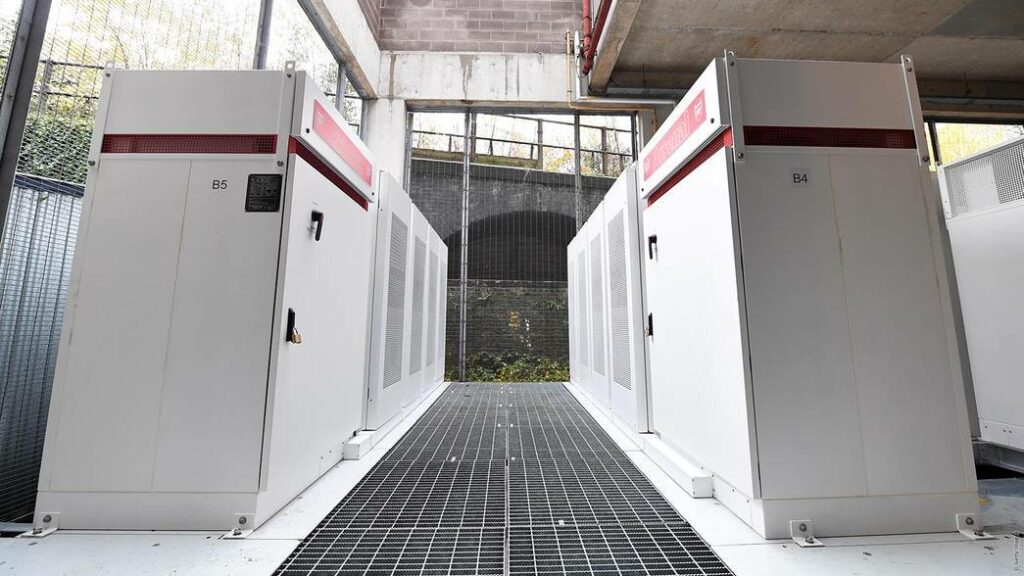The power sector must coordinate more effectively on flexibility if it is to reach its full potential, energy regulator Ofgem has said.
It warned that in the rush for flexibility, an environment has been created where companies are duplicating their efforts, and there is now a real risk of the sector locking in a future world that will fail to deliver the full range of benefits more mature procurement processes could.
Today (2 September) Ofgem published the latest of its Future Insights series, looking specifically into flexibility platforms and the role they have to play in future electricity markets.
Within the paper, Ofgem has suggested that while there is a need for more flexible generation on the system, a “significant proportion” of what’s necessary already exists and has been connected. The problem, however, lies in how flexibility platforms facilitate that generation from benefitting the grid.
Having engaged with much of the sector and its stakeholders, Ofgem has reached the conclusion that different proprietary technologies to suit that need are being developed simultaneously, a matter which stands to cause “duplication in activity” and an inefficient system wherein some of the key benefits are lost.
This could be addressed not just by a coordinated approach to procurement and flexibility procurement platforms being developed by multiple parties, but in the establishment of new operational standards for data, processes and interoperability.
It added that setting principles to define those standards would be a “good start”.
However Ofgem has urged caution over the potential for a single party, such as a distribution network operator, holding a monopoly over the full range of flexibility procurement, warning that they could pose a risk to consumers.





